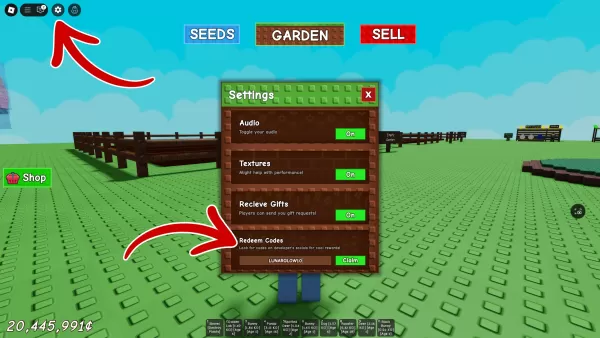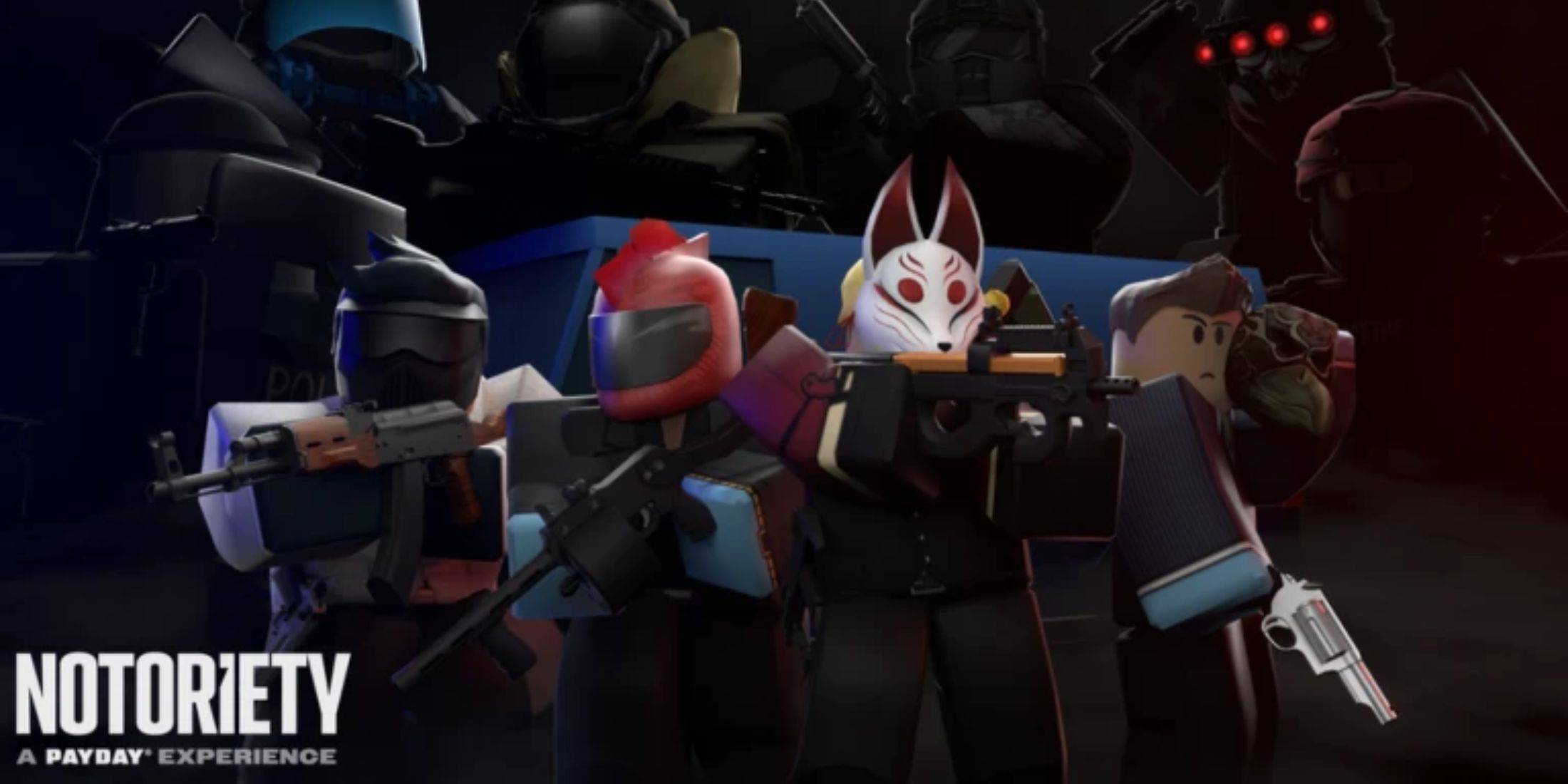Yoko Taro Fears AI Will Make Game Creators Jobless, Reduced to 'Bards'
The conversation around the use of artificial intelligence (AI) in video games has intensified recently, with prominent figures like NieR series director Yoko Taro voicing concerns about its impact on the industry. In a thought-provoking interview featured in Famitsu and translated by Automaton, a panel of renowned Japanese game developers delved into the implications of AI for game creation. The discussion included insights from Yoko Taro, Kotaro Uchikoshi (known for Zero Escape and AI: The Somnium Files), Kazutaka Kodaka (Danganronpa), and Jiro Ishii (428: Shibuya Scramble).
The panel was prompted to consider the future trajectory of adventure games, with a particular focus on the role of AI. Kotaro Uchikoshi expressed apprehension about the rapid advancement of AI technology, suggesting that AI-generated adventure games could soon become commonplace. He acknowledged the current limitations of AI in producing writing that matches human creativity, emphasizing the importance of retaining the "human touch" in game development to distinguish their work from AI-generated content.
Yoko Taro echoed these sentiments, voicing a deeper concern about job security within the industry. He speculated that within the next 50 years, game creators might be relegated to a status akin to that of bards, as AI takes over more creative roles. This fear reflects a broader anxiety about AI's potential to displace human workers across various sectors.
When the conversation turned to whether AI could replicate the intricate worlds and narratives of their games, including unexpected plot twists, Yoko Taro and Jiro Ishii agreed that it was a feasible prospect. However, Kazutaka Kodaka offered a counterpoint, asserting that while AI might mimic their styles, it lacks the essence of a true creator. He compared this to how other writers might attempt to emulate David Lynch's style, but only Lynch himself can authentically evolve his unique approach.
Yoko Taro also floated the idea of using AI to generate new scenarios within games, such as alternate routes in adventure games. Yet, Kodaka pointed out a significant drawback: such personalization could diminish the shared experience that is central to many games.
The discussion underscores a broader dialogue within the gaming industry about AI's potential and pitfalls. Other notable creators and companies, including Capcom, Activision, and even Nintendo president Shuntaro Furukawa, have shared their perspectives on AI's role in gaming. Furukawa highlighted the creative possibilities of generative AI but also flagged concerns regarding intellectual property rights. Tech giants like Microsoft and PlayStation have also contributed to the conversation, reflecting the industry's ongoing debate about how best to integrate AI into game development while preserving the human element that makes gaming so compelling.
-
The ROG Ally made a strong entrance in 2023 as a powerful alternative to the Steam Deck, giving players access to a wider library of games thanks to its Windows operating system. In 2024, ASUS released the ROG Ally X, which not only upgraded internalAuthor : Anthony Jan 16,2026
-
Just when I thought I was done... Robert Downey Jr. and the Russo brothers are pulling me back in! According to Marvel, Doom's reign will be less of a single event (like last year's Blood Hunt) and more of an extended era, similar to Dark Reign. ThisAuthor : David Jan 16,2026
-
 BrazilyaDownload
BrazilyaDownload -
 Battle Angel Moe moe arena-Download
Battle Angel Moe moe arena-Download -
 Sandy BayDownload
Sandy BayDownload -
 Spell CastersDownload
Spell CastersDownload -
 Brain Puzzle - IQ Test GamesDownload
Brain Puzzle - IQ Test GamesDownload -
 Vampire's Fall: Origins RPGDownload
Vampire's Fall: Origins RPGDownload -
 Being a good sonDownload
Being a good sonDownload -
 Truck Cargo simulator offroadDownload
Truck Cargo simulator offroadDownload -
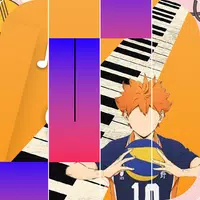 Game Haikyuu Piano TilesDownload
Game Haikyuu Piano TilesDownload -
 Dinosaurs Hunting 3D Wild HuntDownload
Dinosaurs Hunting 3D Wild HuntDownload
- Black Ops 6 Zombies: How To Configure The Summoning Circle Rings on Citadelle Des Morts
- Roblox: Latest DOORS Codes Released!
- Harvest Moon: Lost Valley DLC and Preorder Details Revealed
- Silent Hill 2 Remake Coming to Xbox and Switch in 2025
- Roblox: Blox Fruits Codes (January 2025)
- Roblox: Freeze for UGC Codes (January 2025)

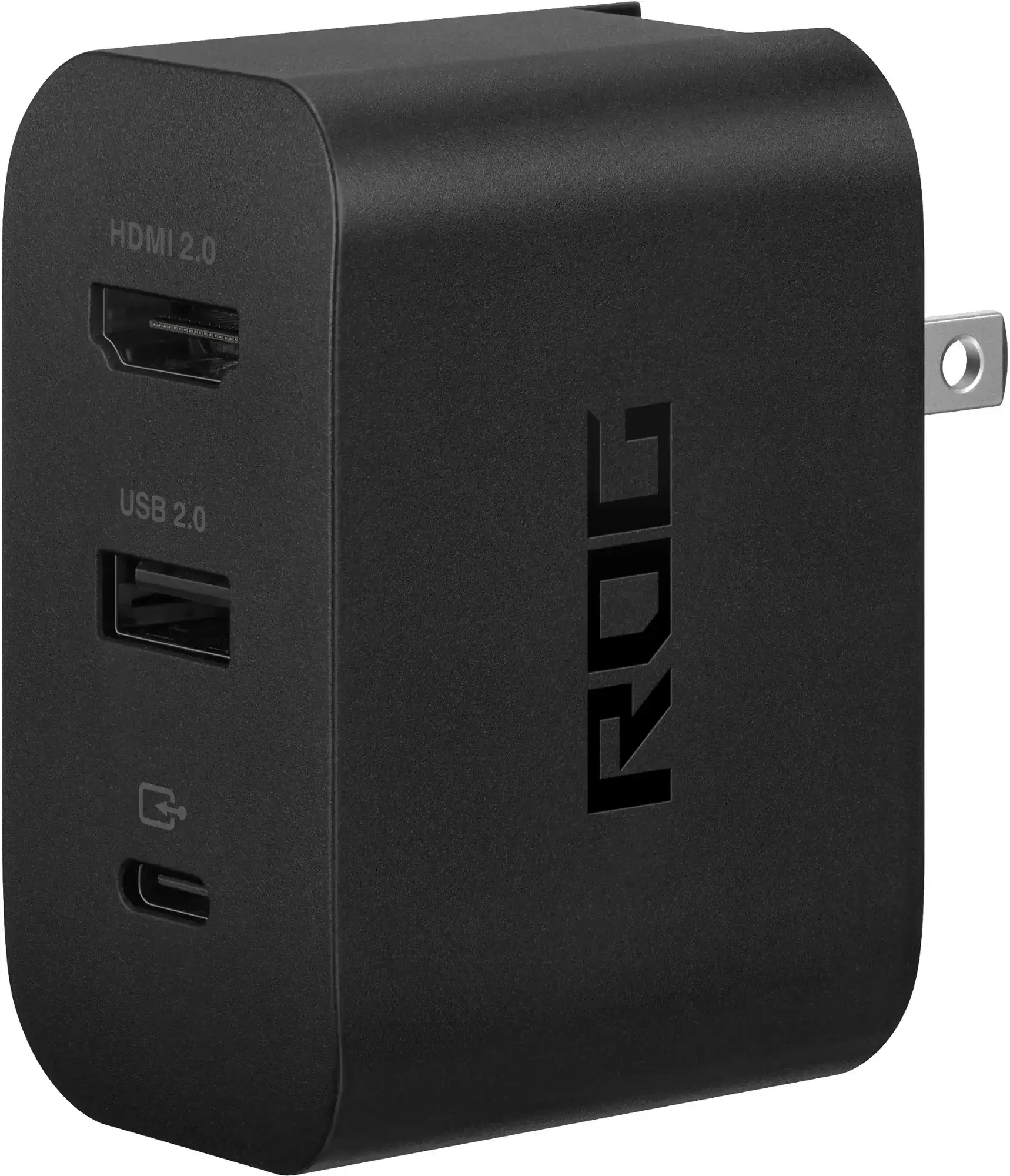
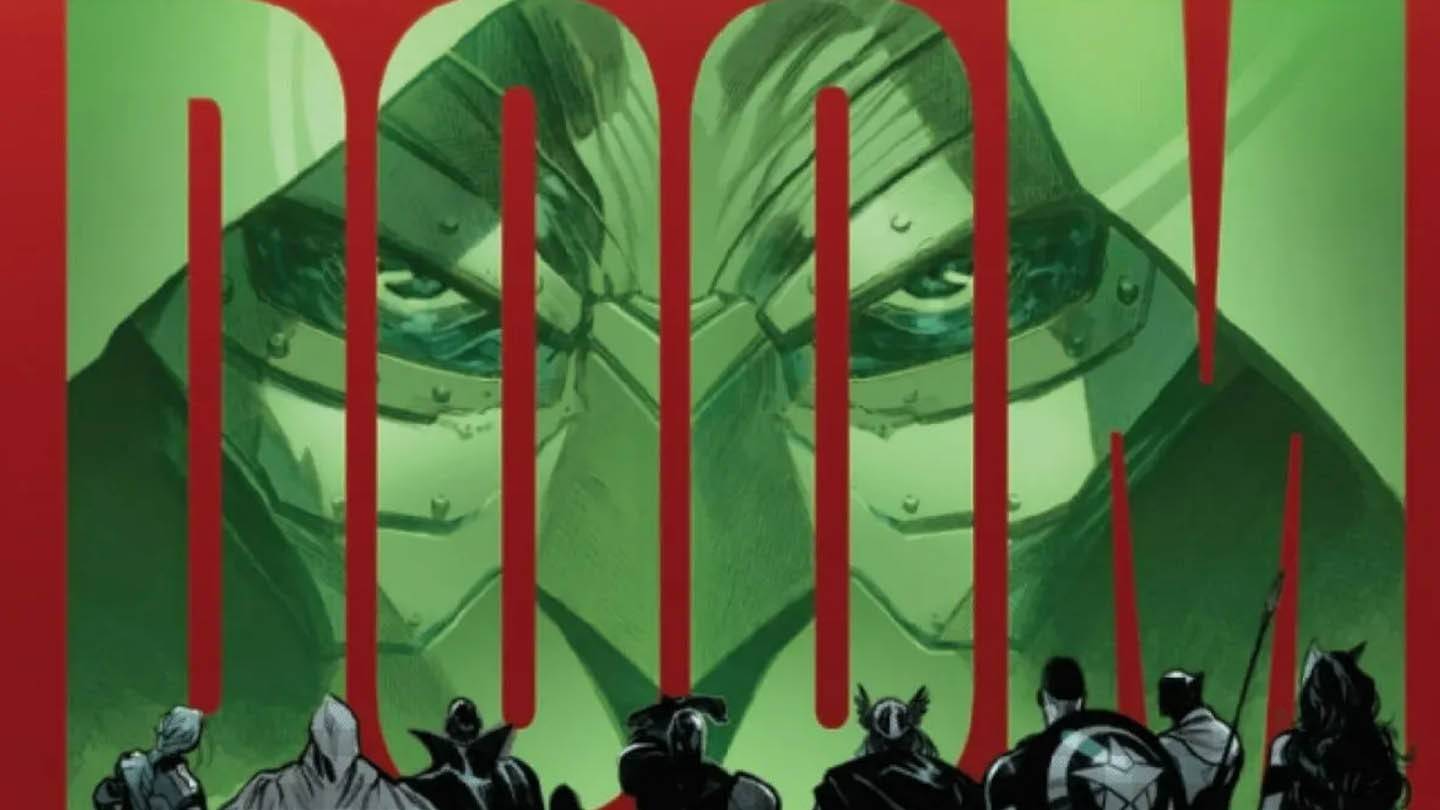
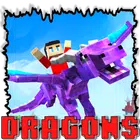
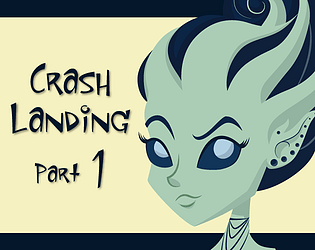



![Taffy Tales [v1.07.3a]](https://imgs.ehr99.com/uploads/32/1719554710667e529623764.jpg)



